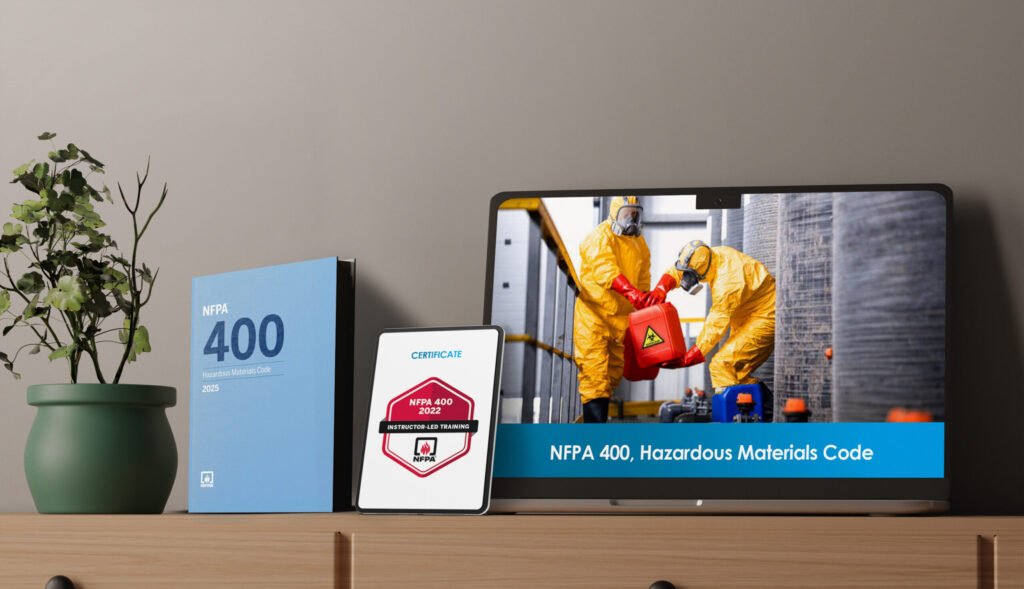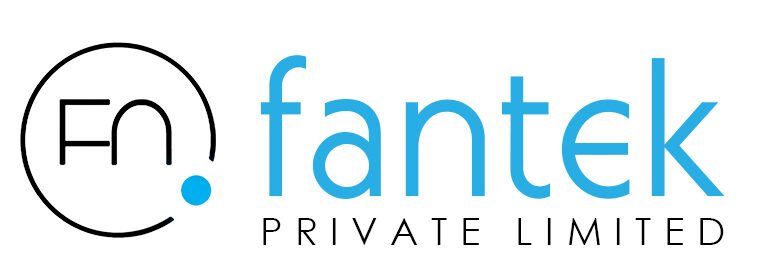
NFPA 400
Hazardous Material Code
Completion Achievement
📜 NFPA Issued Certificate
Delivery Method
💻 LVT – Live Virtual (Online)
Why Join?
☣️ Critical for Hazardous Materials Safety – Gain expertise in managing risks across industries
🏭 Broad Application – Valuable for safety officers, facility managers, inspectors, and planners
📘 Current Standards – Learn the latest NFPA 400 provisions and compliance practices
🔧 Practical Approach – Apply requirements through real-world case studies and examples
🛡️ Improve Compliance & Safety – Enhance workplace safety and regulatory alignment
Duration
📅 2.1 CEUs
This NFPA 400 training provides participants with essential skills to safely manage hazardous materials in compliance with code requirements. Covering identification, classification, storage, use, and emergency planning, the course equips learners to apply NFPA 400 provisions and implement safeguards that reduce risks and improve regulatory compliance.
 During this course, participants will explore:
During this course, participants will explore:- Scope, structure, and purpose of NFPA 400
- Identification and classification of hazardous materials
- NFPA 704 hazard signage requirements
- Maximum allowable quantities (MAQs) by occupancy and location
- Control area needs and fire protection levels
- Fundamental safeguards and emergency planning measures
- Operating procedures, safety reviews, and incident investigations
- Documentation and recordkeeping standards
 After completing this course, participants will be able to:
After completing this course, participants will be able to:- Navigate NFPA 400 to locate and apply key requirements
- Classify hazardous materials and complete NFPA 704 signage
- Calculate MAQs based on occupancy and space limitations
- Determine control area requirements and fire protection needs
- Apply emergency planning and safeguard measures effectively
- Implement procedures for safe operations, investigations, and records management
 This course is ideal for:
This course is ideal for:- Safety officers and compliance professionals
- Facility and operations managers
- Fire inspectors and emergency planners
- Hazardous materials specialists
- Engineers and risk management professionals
